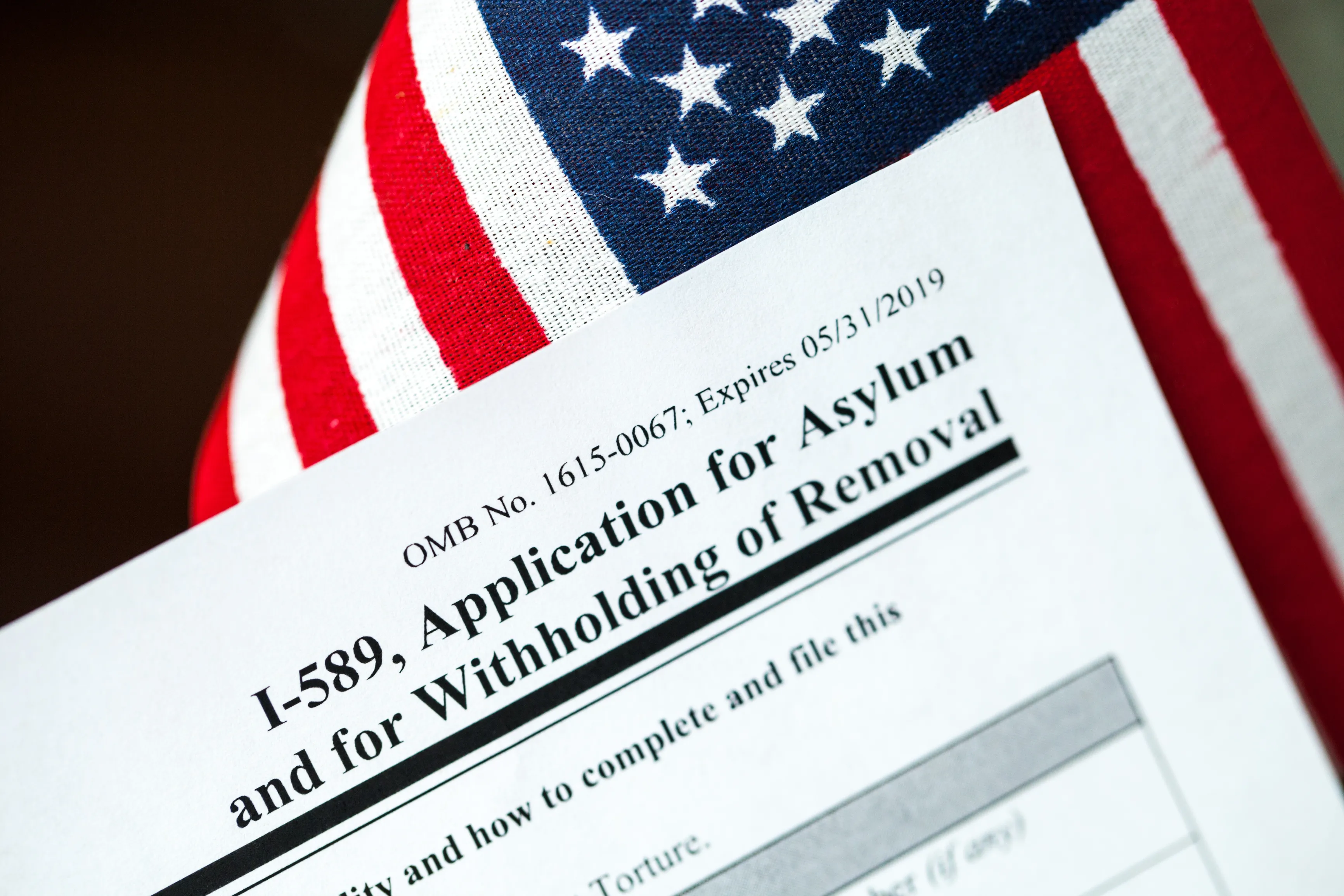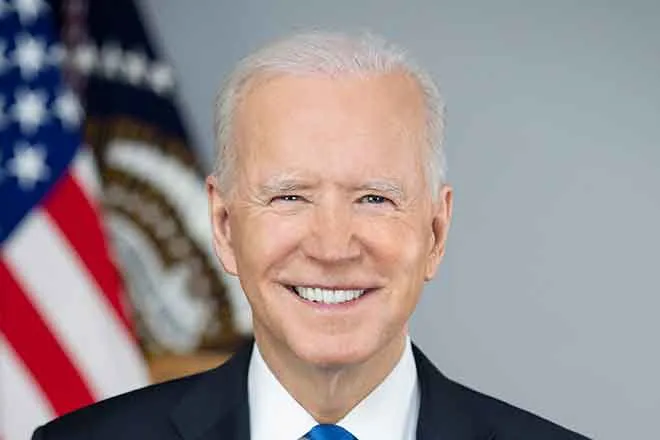
Money in digital payment apps such as Venmo, PayPal, may not be insured, watchdog warns
(The Center Square) – A federal agency is warning consumers that digital payment apps such as PayPal, Venmo, and Cash App lack federal insurance protections.
The Consumer Financial Protection Bureau warned that money stored in such apps is often not covered by the Federal Deposit Insurance Corporation. The Federal Deposit Insurance Corporation insures deposits up to $250,000 per depositor at member firms.
"Popular digital payment apps are increasingly used as substitutes for a traditional bank or credit union account but lack the same protections to ensure that funds are safe," CFPB Director Rohit Chopra said in a statement. "As tech companies expand into banking and payments, the CFPB is sharpening its focus on those that sidestep the safeguards that local banks and credit unions have long adhered to."
The warning comes after bank runs and failures at Silicon Valley Bank, Signature Bank, and First Republic Bank.
The Financial Technology Association, a Washington-D.C.-based trade group that represents the industry, said the products are safe and transparent.
"Tens of millions of American consumers and small businesses rely on payment apps to better spend, manage, and send their money," the group said in a statement. "These accounts are safe and transparent, with users receiving FDIC Insurance on their accounts depending on the products they use."
Not all accounts have FDIC protections.
"Unlike traditional bank and credit union accounts which have deposit insurance, funds stored in these nonbank payment companies may be unprotected," the bureau warned.
"When users receive payments, through these apps, these funds are not automatically swept into their linked bank or credit union account," the bureau said. "In addition, payment app companies do not necessarily store customer funds in an insured account through a business arrangement with a bank or credit union. The company’s investments carry risk and if it were to fail, customers could lose their funds."

















